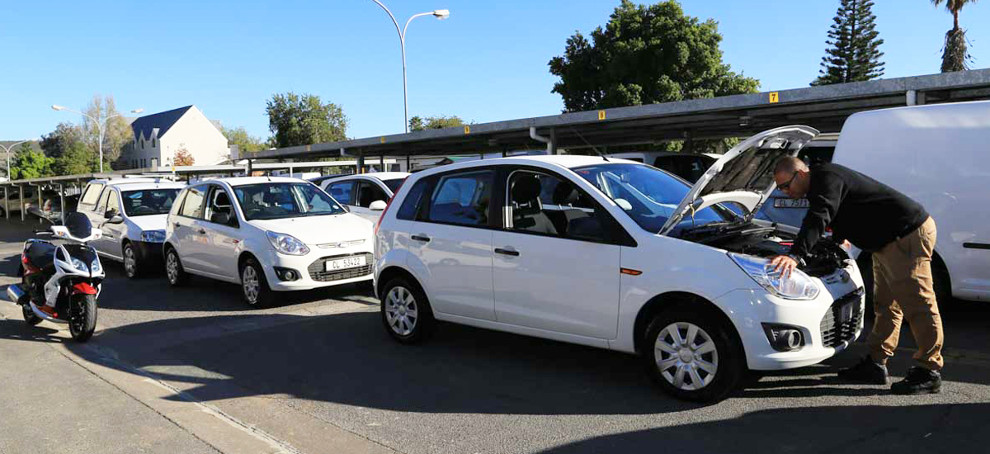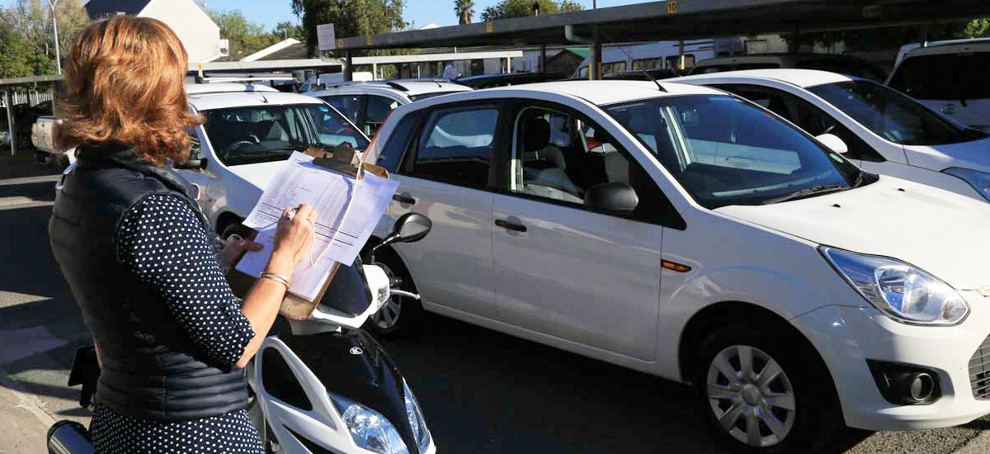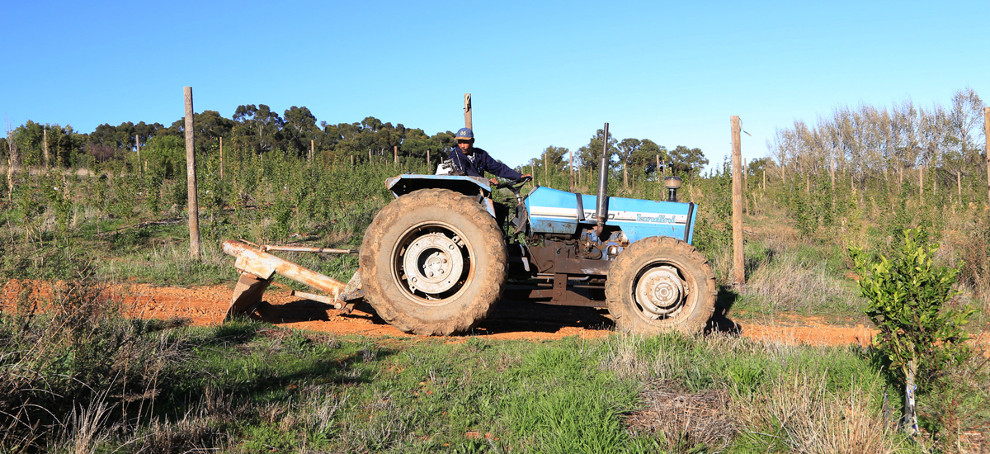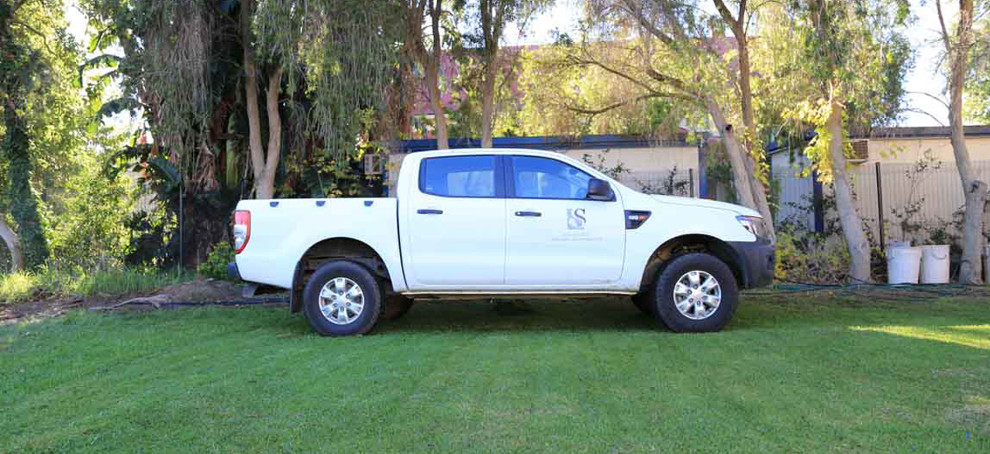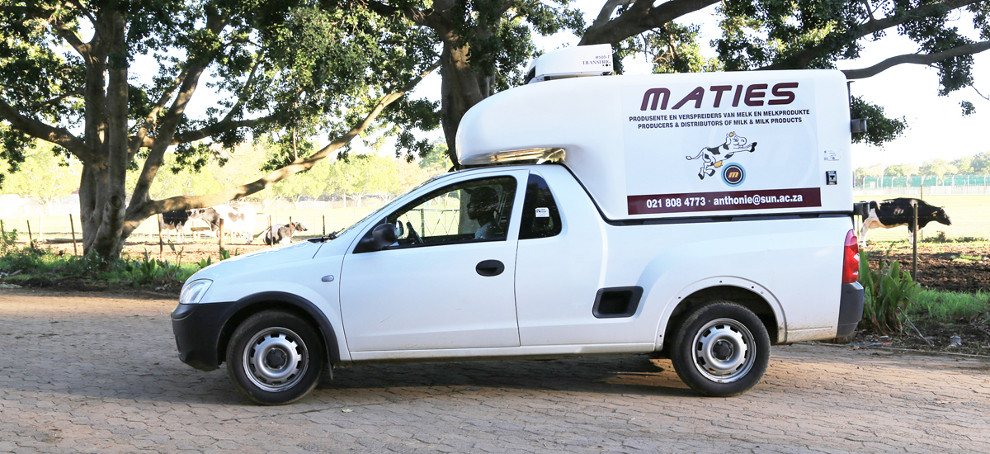TRANSPORT SERVICES

Our services - Departmental vehicles
Important procedures
Monthly checks
- Vehicles will be checked by Transport Services staff on a monthly basis to ensure that they are serviced and in good order. In accordance with our policy, vehicles must be replaced within a period of four years or 80 000 km.
Purchase of vehicles
- Contact Transport Services about the vehicle to be purchased. Transport Services will provide advice if there is uncertainty about the type of vehicle for specific needs.
- Quotations are requested by Transport Services via Purchasing & Provision Services, in accordance with policy.
- As soon as the successful tenderer has been appointed, the relevant department/division must load the budget (FBG100P). If there is a creditor, a requisition (EAS500P) must be loaded against the cost point/account6975 and Vehicle Services must be informed accordingly.
If the provider does not have a creditor code, payment will be made via a cheque requisition. - Complete the purchase form to enable Transport Services to determine the tariff (replacement tariff or breaking-even tariff) applicable to the vehicle.
- A tracking system must be installed in high risk vehicles. Vehicle Services will make the necessary arrangements before the vehicle may be received. Upon receipt of the vehicle, Vehicle Services will obtain the fuel cards and put the necessary stickers on the vehicle.
Types of tariffs
- There are two types of tariffs: a replacement or breaking-even tariff.
- Replacement tariff: In accordance with SU policy, provision must be made for the replacement and maintenance of vehicles. In establishing the replacement tariff, provision is made to cover the vehicle’s expenses (e.g. fuel, repairs, services, licence, administration costs, insurance and other maintenance), plus an additional amount for the replacement of the vehicle at the end of the term.
- Breaking-even tariff: The breaking-even tariff is established to cover only the necessary operational expenses (e.g. fuel, repairs, services, licence, administrative costs, insurance and other maintenance).
Calculation of tariffs
- Tariffs are based on information received from the Transport department and are determined according to price and engine size. For each category a kilometre tariff, as well as a minimum daily tariff, is determined. A minimum daily tariff therefore only applies if it amounts to more than the kilometre tariff for the relevant period.
- E.g.: If a vehicle’s tariff amounts to R3,00/km with a minimum tariff of R100/day and the vehicle is driven 20km on that specific day, the tariff is calculated as follows:
Kilometre tariff: R3,00 x 20km = R60
Minimum daily tariff: R100
Amount recovered is therefore R100 (larger amount of the two).
